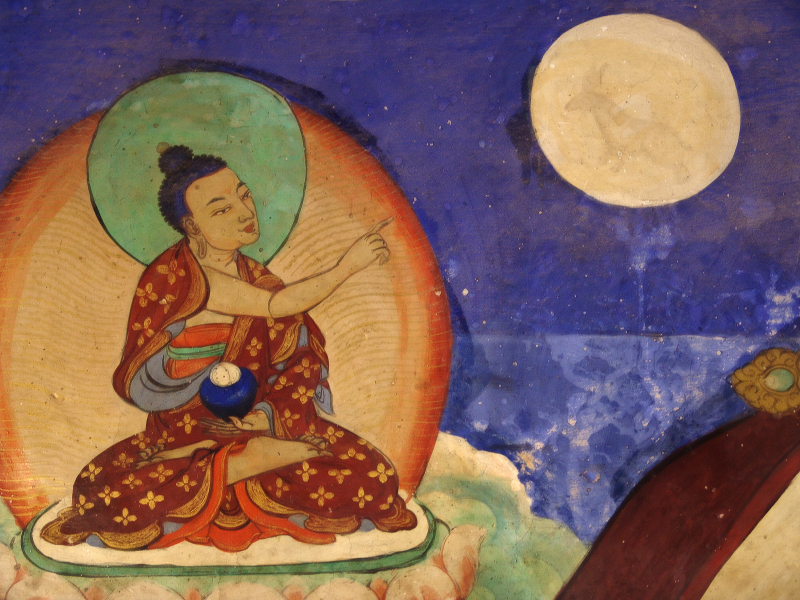The space for religious freedom and co-existence has been shrinking in Pakistan and the political and social resistance against the building of Hindu temple in Islamabad has once again highlighted the issue.
Authorities have been constantly working to ensure that the construction of the Lord Krishna temple in Islamabad’s H-9 sector is stalled and obstructed. Had the temple been successfully allowed to get constructed, it would have been the first new place of worship for the 3,000 Hindus who are living in the country’s capital.
But the construction of the temple has been stopped and disallowed due to massive public disapproval and political uproar against the community.
In fact, due to the proposed construction of the temple, Pakistan saw a mega campaign against the community and political and religious outfits propagated hatred and intolerance through popular media channels and the larger public debate was quite bitter over the last many weeks.
The construction of the temple in Islamabad has been marred with severe religious bigotry, fatwas, political point scoring and several disputes which have now finally stopped all plans of temple construction.
The other 16th century Ram Mandir in Islamabad has just been reduced to another tourist spot and Hindus are not allowed to pray there.
The proposal to construct the new temple in Islamabad had begun as a goodwill gesture from the Prime Minister’s Office in Islamabad and the government has given an initial grant of Rs 100 million for the temple construction but as soon as news on the issue spread, there was massive political and religious opposition to the idea.
The Jamia Ashrafia Madarsa went ahead and proclaimed that according to the Sharia, it wasn’t permitted for non-muslims to build their new worship places or reconstruct those that were in ruins and called the very proposal to build a new Hindu temple, a sin in the Islamic state. The same sentiments were also shared by federal government’s partner and speaker of the Punjab Assembly Pervaiz Elahi who went ahead and said that only the repair of religious sites of non-Muslims like Hindus, Sikhs and Christians can be allowed and the building of new religious structures for non-Muslims went against the spirit of Islam.
While there was a widespread media uproar and Pakistani citizens did highlight that they had issues with the temple being constructed with the money of the tax payers but little did they acknowledge that even the Hindus who live in Pakistan are its citizens and they also pay taxes, so why shouldn’t the government help them get their religious place constructed so that they can have a descent site of worship?
Moreover, recently the construction of the Sikh holy pilgrimage of Kartarpur Sahib and its renovation was undertaken with the government’s money and since this move was seen to be in the “national interest” nobody took an opposition to it or spoke against it. But the work for the construction of the Hindu temple has been stopped due to immense religious pressure being exerted on the government from both political and religious outfits who are completely annoyed with the state for initiating such a move.
The City District Administration of Islamabad has stopped construction related work for the temple and popular news channels in Pakistan have been taking the credits for successfully leading the anti-temple discourse.
What is more, media reports from the ground suggest that the temple’s foundation has been vandalised and all sorts of anti-Hindu frenzy is being displayed at the disputed site. This is extremely tragic, keeping the already vulnerable plight of the Hindu minority in mind.
This example clearly goes on to show that despite claiming equal rights for its religious minorities, such a sad state of affairs came to light in the context of the temple’s construction.
An important question that Pakistan must really contemplate about is why it continues to treat its minorities as third-class citizens when constitutionally it gives them rights as equal citizens. If it really looks at them as equals why does it allow pressure groups to exert force on the State and reverse its decisions that are targeted toward the welfare of the minorities?














